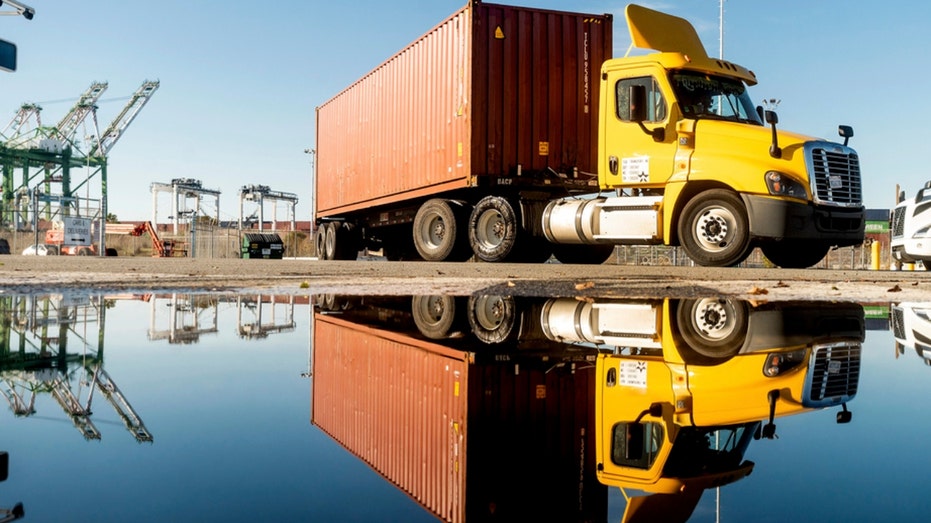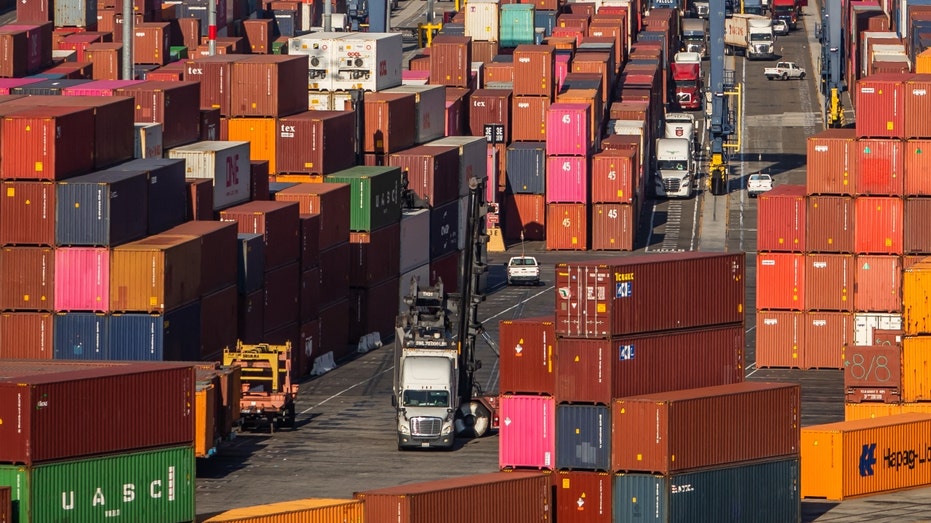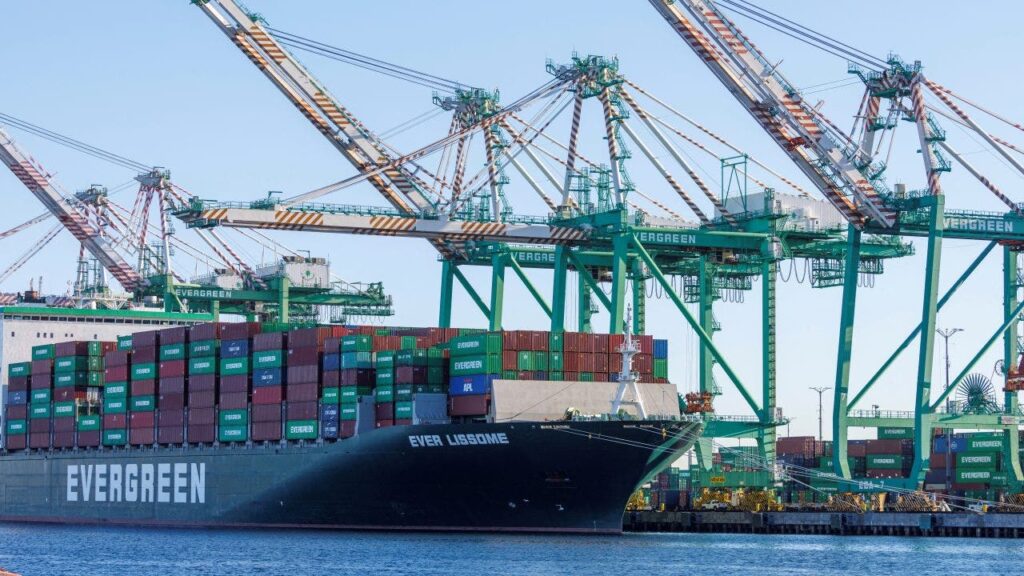Disruptions at West Coast ports, particularly the major California hubs at the Ports of Long Beach and Los Angeles, and ongoing labor negotiations have raised concerns about supply chain woes hitting the U.S. economy during the peak shipping season.
The U.S. Chamber of Commerce, the largest trade group representing American businesses, sent a letter to President Joe Biden on Friday warning about “premeditated and disruptive service actions that are slowing operations at several major West Coast ports during ongoing contract negotiations between the International Longshore and Warehouse Union (ILWU) and the Pacific Maritime Association (PMA).”
“With continued and potentially expanded service disruptions at these ports heading into peak shipping season, we urge your Administration to intervene immediately and appoint an independent mediator to help the two parties reach an agreement that prevents significant economic harm to American families and the economy,” wrote Suzanne Clark, president and CEO of the U.S. Chamber of Commerce.
MAJOR US PORT HITS CONTAINER RECORD AS SUPPLY CHAIN DISRUPTIONS CONTINUE TO ROIL US
Clark said the service disruptions “follow a familiar pattern of negotiations between the PMA and ILWU over the last twenty years,” noting the 2002 slowdowns and 11-day shutdown of West Coast ports, work stoppages at various shipping hubs that lasted three weeks in 2008, and 2014 work slowdowns.
The ILWU’s collective bargaining agreement expired last July and the current round of negotiations – which began on May 10, 2022 – is yet to yield an agreement. The ILWU represents over 22,000 longshore workers at 29 West Coast ports, all of whom would be covered by the collective bargaining agreement that’s currently being negotiated.
SMALLER US PORTS OFFER POTENTIAL SOLUTION FOR SUPPLY CHAIN DELAYS

The PMA, which represents shipping lines and terminal operators at West Coast ports, sent a tweet on Friday blaming a “series of coordinated and disruptive work actions led by the ILWU” at several ports for slowing down port operations. For example, the PMA said that at the Ports of Los Angeles and Long Beach, the ILWU declined to dispatch “lashers” who secure cargo for trans-Pacific voyages which caused those vessels laden with U.S. exports to sit idle at the docks unable to depart.
PMA noted that ILWU actions at the Ports of Los Angeles, Long Beach and Oakland slowed down operations at those ports from June 2 to June 7, although conditions had improved by the end of last week. However, the ILWU subsequently slowed down operations at the Ports of Seattle and Tacoma, and on Saturday the PMA said the ILWU shut down cargo operations at the Port of Seattle.
The labor union denied the claim of a shutdown in a tweet, as ILWU President Willie Adams stated, “Despite what you are hearing from PMA, West Coast ports are open as we continue to work under our expired collective bargaining agreement.”
The union said that it “remains committed to bargaining a contract that is fair and equitable and represents the hard work and contributions of its members toward the ongoing success of the multi-billion-dollar shipping industry.” It also accused the PMA of “using the media to leverage one-sided information in [an] attempt to influence the process.”

Reuters contributed to this report.
Read the full article here











